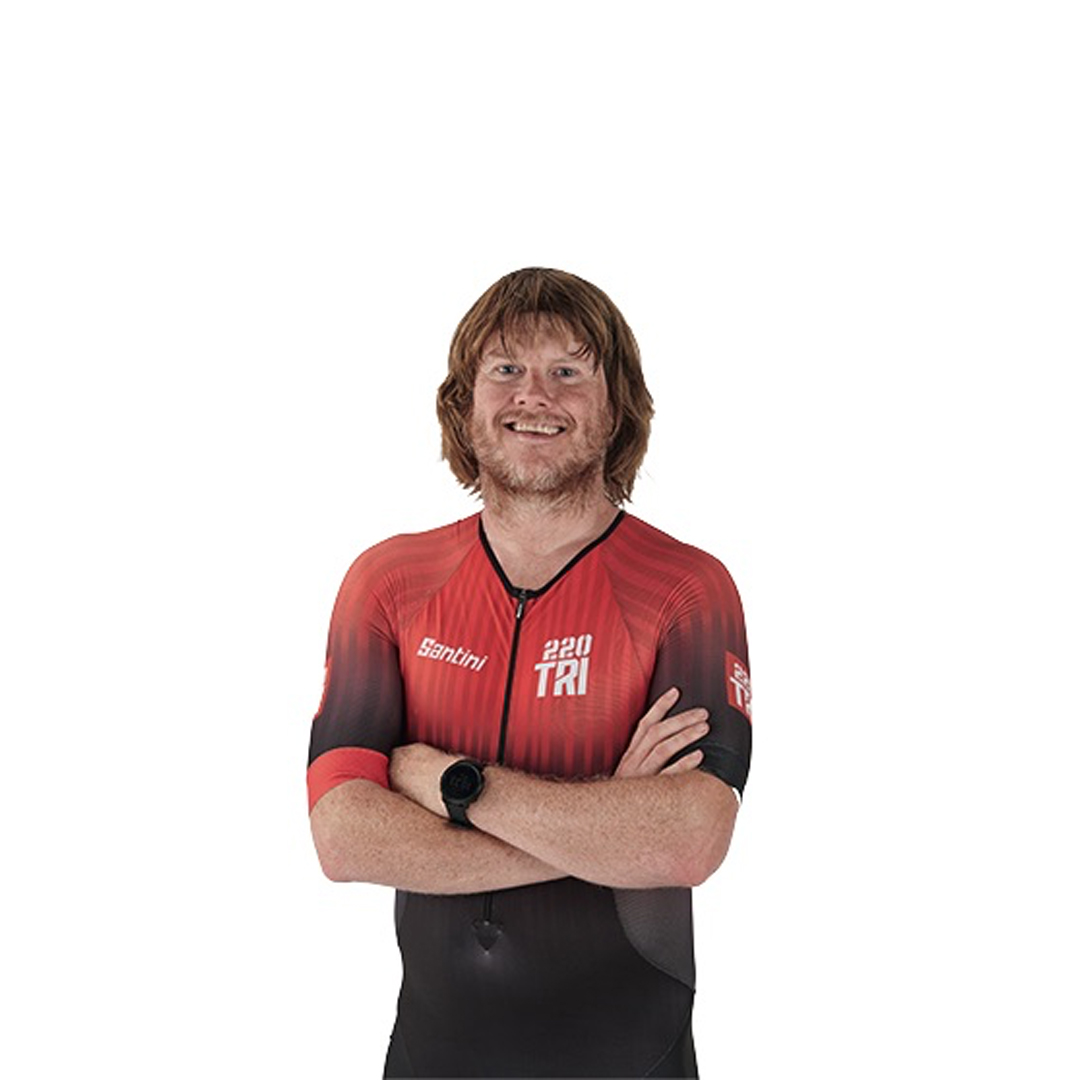He guided Rebecca Adlington from a teen swimmer to Olympic gold. But what swimming tips can Bill Furniss give to us triathletes? 220 caught up with the coach to find out…
Bill Furness has been a coach at Nottingham’s Nova Centurion Swimming Club for 31 years and holds both an ASA Senior coach certificate and an honorary doctorate from Nottingham Trent University. Furness was head coach at the 1996 Olympics and has been a further coach on Olympic, Commonwealth Games and World Championship teams.
He’s now the full-time coach of the double Olympic gold medallist (400m and 800m), Rebecca Adlington.
220: What’s your role with Rebecca
Bill Furness: I plan and conduct all her training sessions and work with her on a daily basis twice a day. I’ve coached Rebecca for 10 years since she was 12-years-old. She trains 10 x 2-hour sessions a week in the pool and 10x45mins land sessions a week.
Because of the multi-discipline nature of triathlon, many of our readers can only fit in two swim sessions each week. What can they do in those two sessions to maximise the benefits?
Don’t just swim continually. It’s better to conduct the sessions in an interval training method. Do sets at controlled intensity with controlled rest and look for improvement over a period of months. For example, 10x100 Fr at 2mins, with a heart rate of 30 below max. Look for an average time of 80secs.
If there was one key technical attribute a swimmer should work on, what is it?
Kick is very important – isolate your legs using a kick board to improve leg strength.
Is there a specific fitness/performance-related test you employ when measuring Rebecca’s progress?
We use many tests but the main thing is to try and hit race stroke count and race rate during training sets.
Are there any recovery pointers you can give our readers?
Rest allows adaptation and should be planned into sessions as recovery between hard sets or even rest days. A well-balanced diet is essential together with good hydration. Take a water bottle to swim sessions. I ensure that my swimmers easily drink a litre of water each workout
Is there any advice you can give to improve our readers’ attempts at swimming in a triathlon wetsuit?
The more you practice in it [the wetsuit] the better it’ll feel. Don’t just use the wetsuit for competition and try to use it in training occasionally. You’ll then get used to the feel and it won’t upset your stroke balance.
Bill Furniss is Head Coach for NOVA Centurion and a Speedo coach – for more information go to www.speedo.co.uk.
